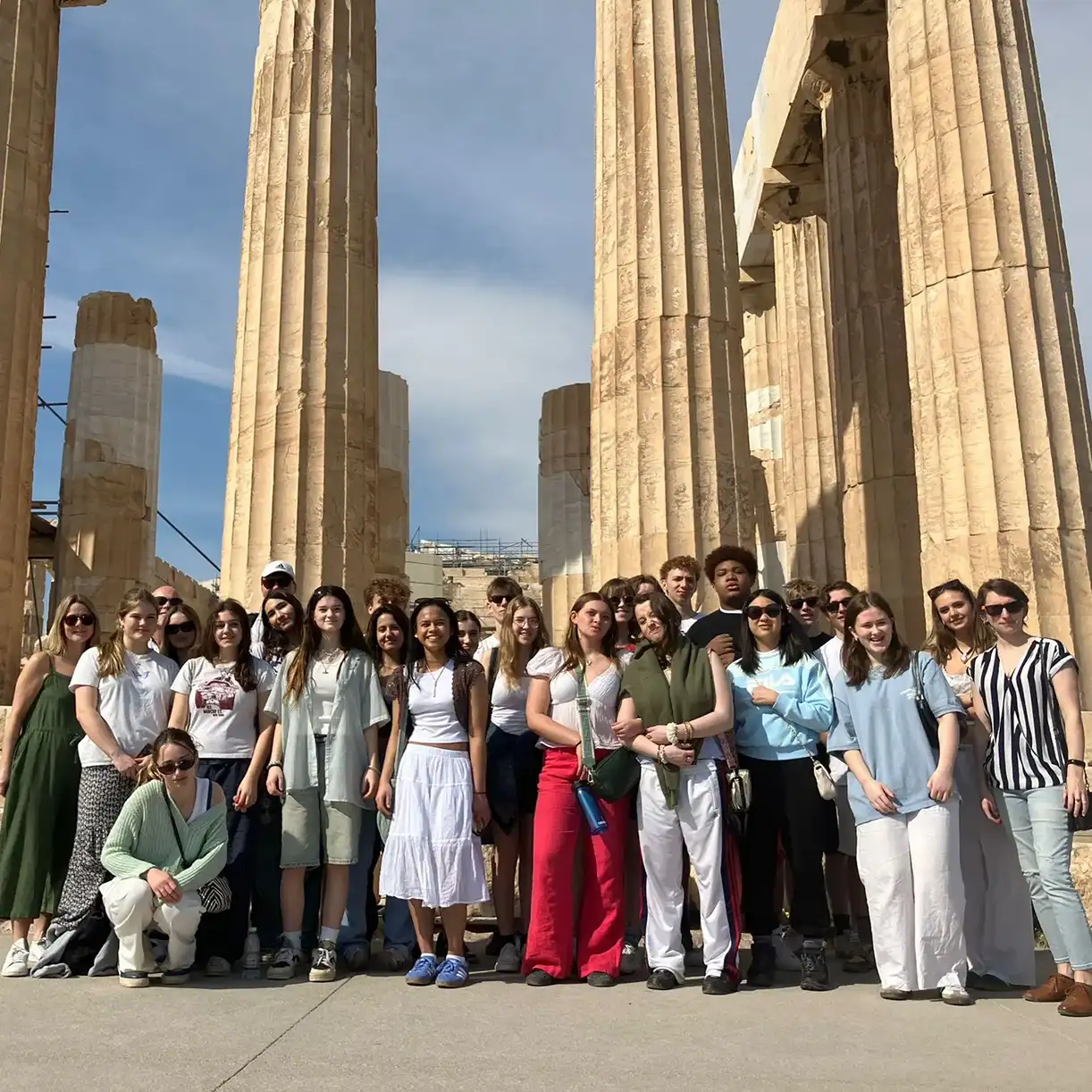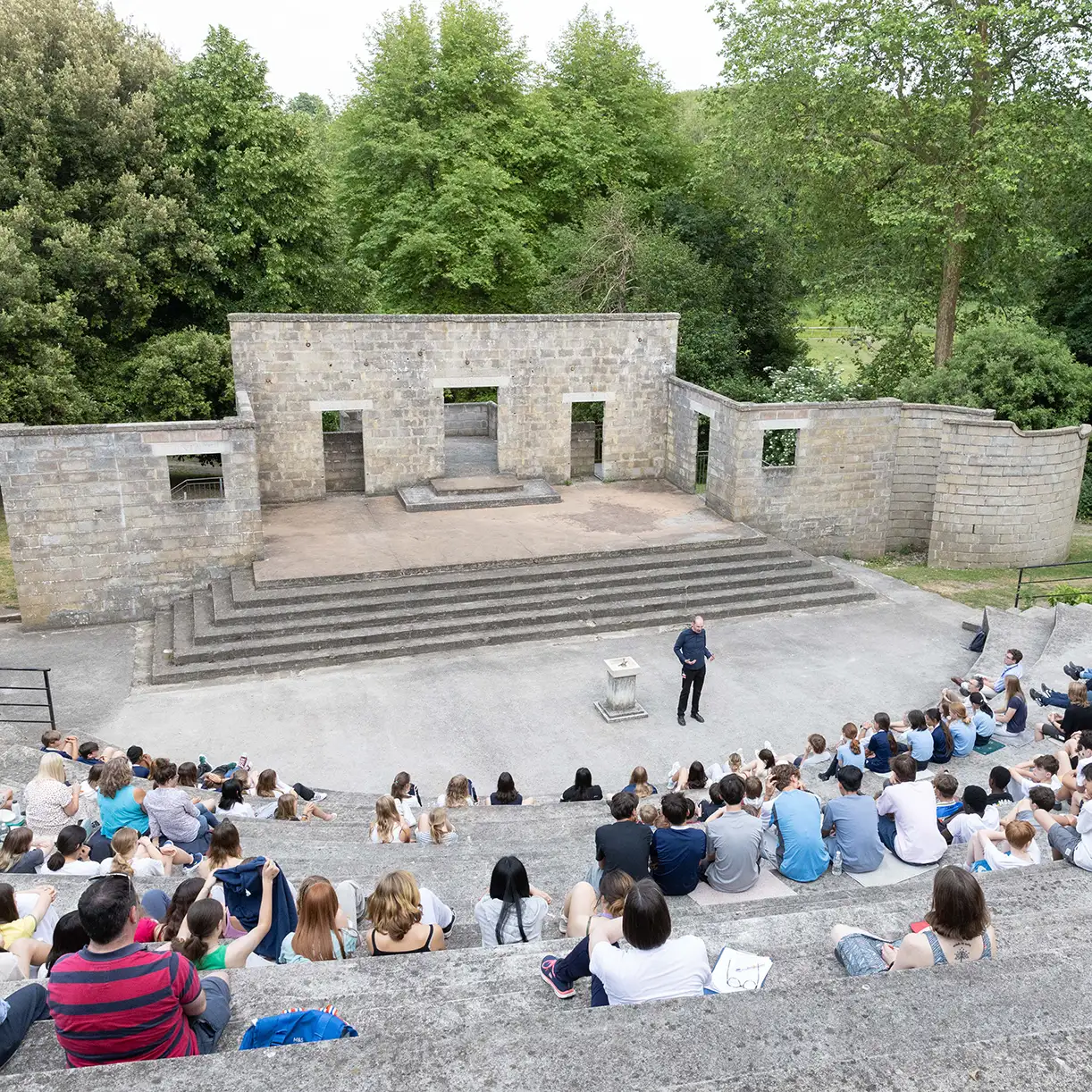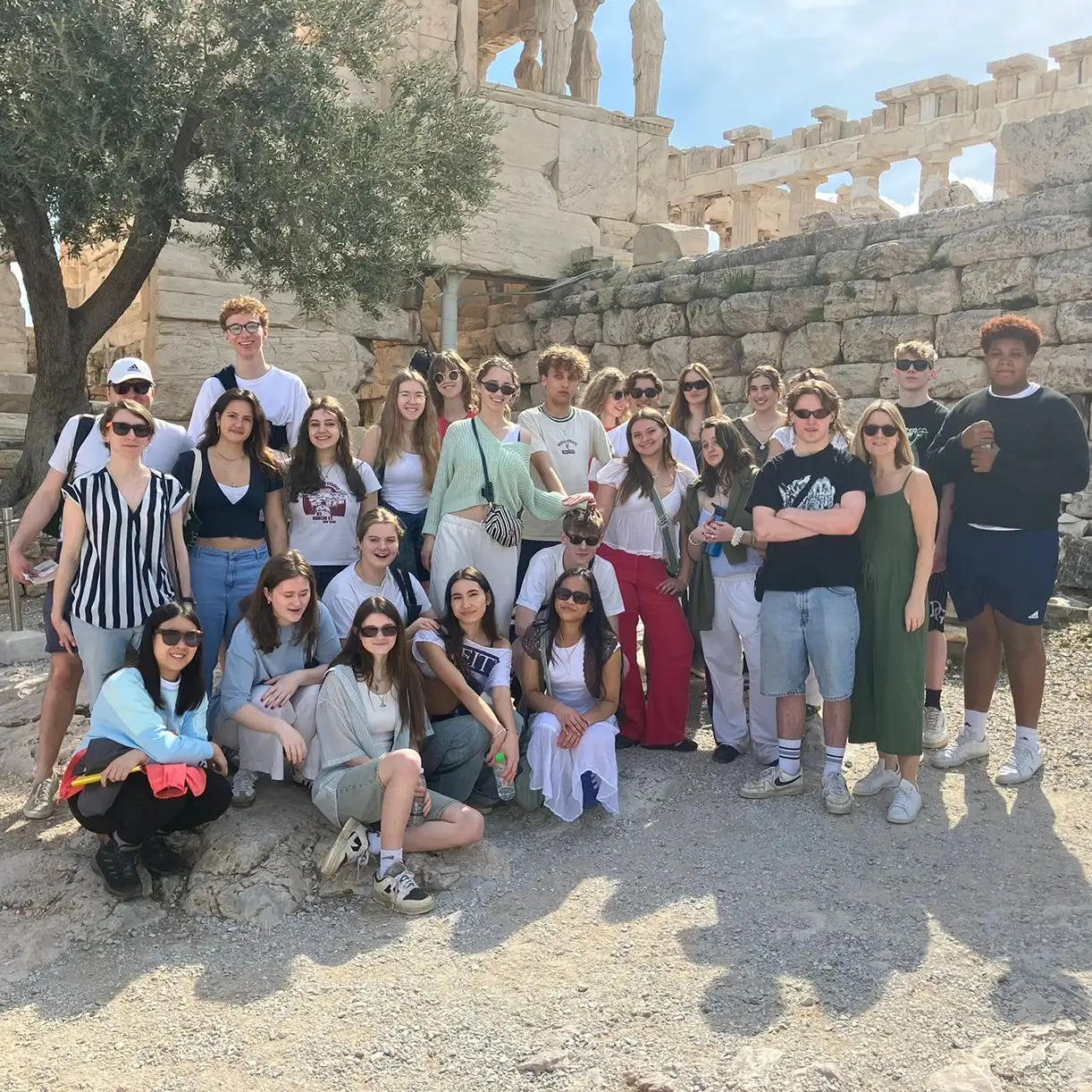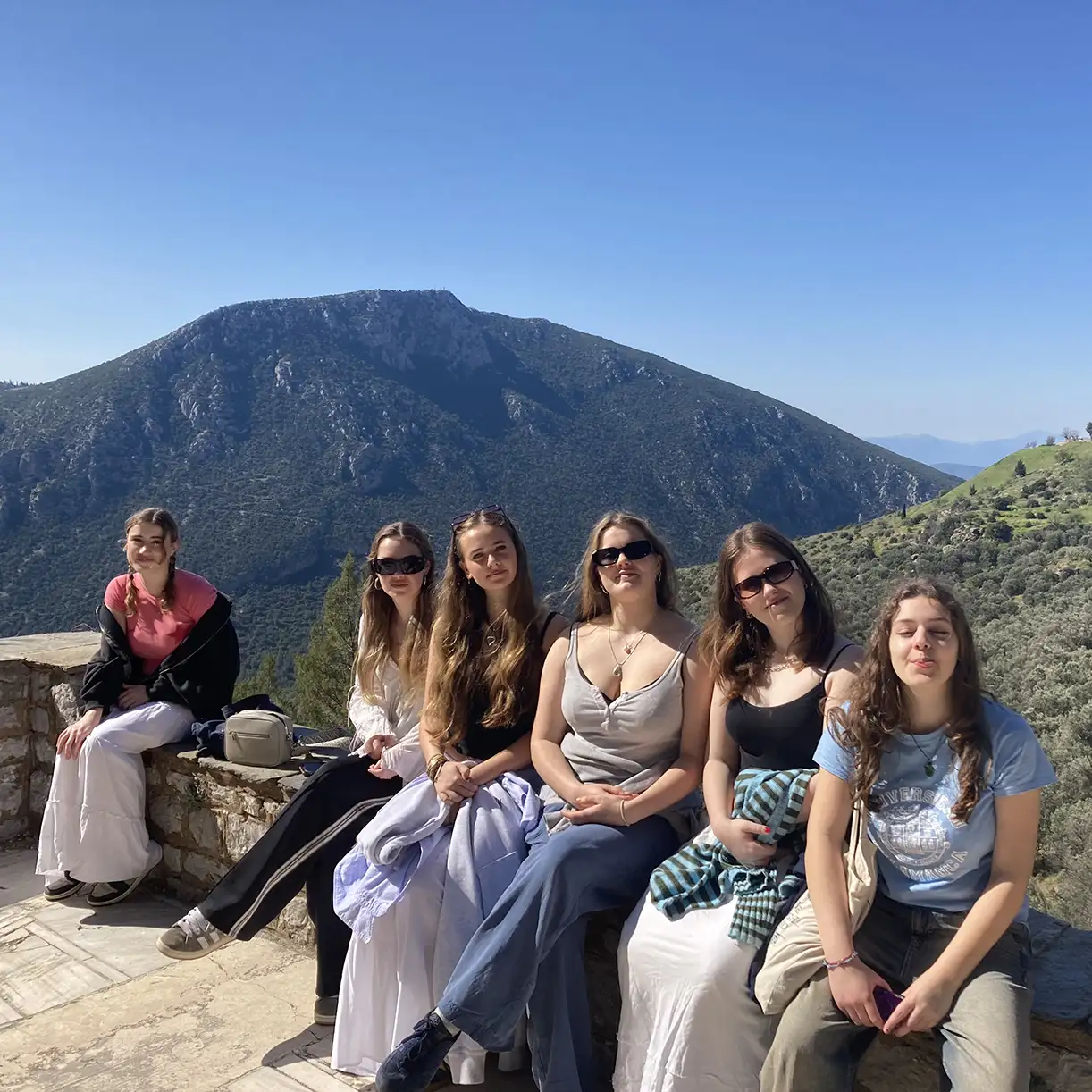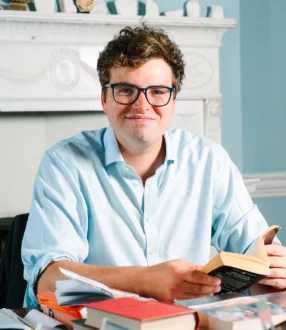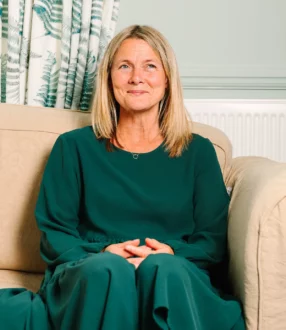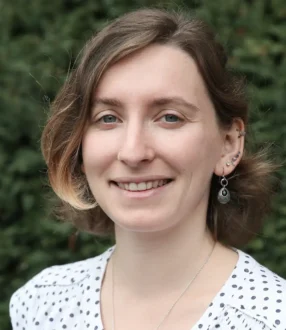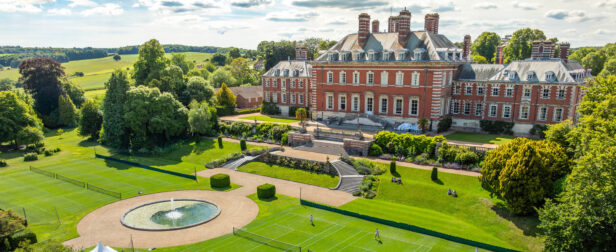Ancient thought in a modern world
We are committed to providing two pathways via which this treasure trove of cultural heritage can be accessed. Rigorous training in the languages of Latin and Ancient Greek is available at all levels of the school, but in the firm belief that linguistic ability should not preclude access to the literature, culture and art of the Ancient World, we also offer Classical Civilisation throughout.
Whilst the societies studied in Classics might seem to be from a dim and distant past, there is much to be garnered from studying them that is relevant to the modern-day world, and we actively encourage consideration of topical issues in the classroom. This might take the form of discussion of the place of LGBTQ+ in Ancient Greece, issues of slavery and imperialism, or even ancient awareness of environmental issues.
